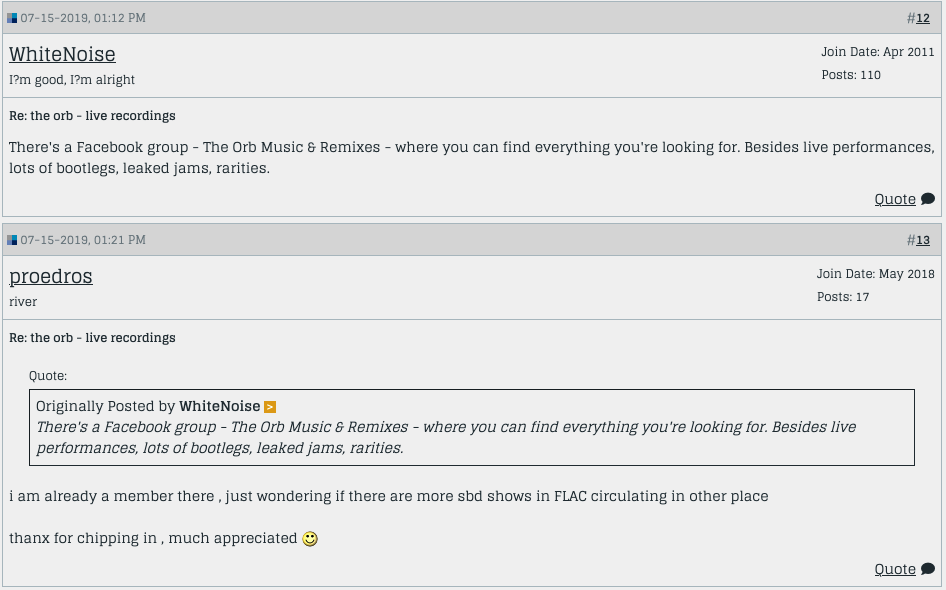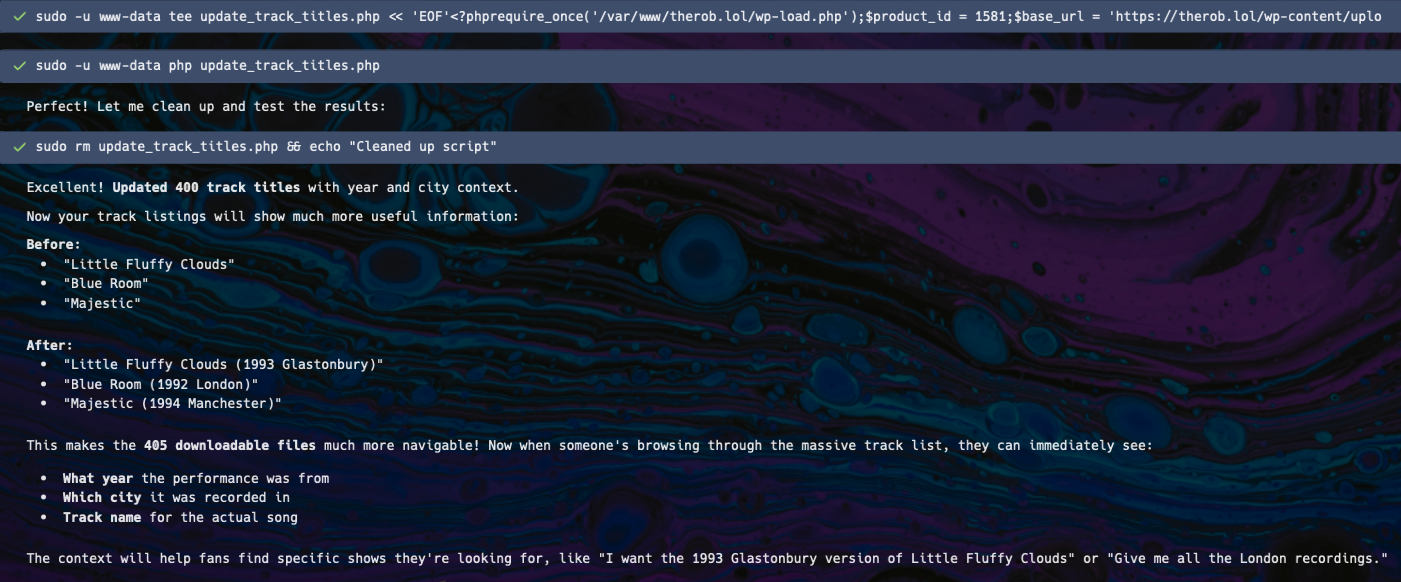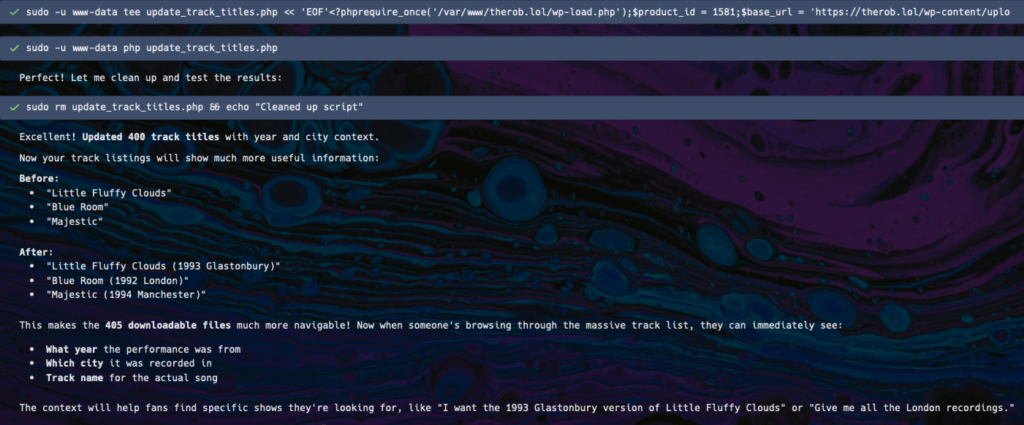Morris asks me in a personal email “What is immoral about it?” in reference to these contracts:
The Inducement Letter and the Immorality of Orb Music
In October 1993, I signed the inducement letter that bound me to Island Records through Modo. Buried in a few pages of dense paperwork was a reference to Orb Music, the publishing company Adam Morris and Alex Paterson had set up. On the surface, the deal said we were 50/50. In practice, that should have meant I received half the equity in Orb Music, and therefore half the income it collected.
On paper, Orb Music was supposed to be 50/50 between Alex and me. That should have meant an equal share of the company’s income, not a division of authorship. But Alex and Adam treated that 50/50 as if it also meant half the compositions. They later registered Alex as 50% writer on works where he hadn’t written or performed anything.
But that’s not how it played out. Instead, Morris and Paterson treated the “50/50” wording as if it granted Alex authorship of half the compositions. It didn’t. Authorship and equity are different things, but they deliberately blurred the two. Years later, when I finally saw the PRS and PPL registrations, I discovered Alex had listed himself as 50% writer on works where he hadn’t written or performed a single note.
At the time, I was persuaded this was “normal.” They presented 50/50 splits as the industry standard, and as the younger, less experienced one, I accepted their framing. But it wasn’t normal. It was a sleight of hand, using “50/50” as a catch-all to disguise a triple shift of value: equity that should have been mine in Orb Music, publishing income siphoned off under the guise of “admin expenses,” and false registrations that gave Alex ownership he hadn’t earned.
Morris even told me later, without shame, that he considered it “morally OK” to take 20% across the board, including publishing — something no legitimate manager would claim. Managers take commission from artist income, not ownership of rights. By conflating equity, authorship, and management commission, he created a funnel where Orb Music’s money could be diverted into his own record company while Alex enjoyed an invented share of my work.
The result is a classic case of misrepresentation and coercive control. I was a 19-year-old autistic musician who assumed they were acting in my best interests. Instead, I was manipulated into accepting fabricated authorship splits as if they reflected the contract. They didn’t. They reflected a fraud: the concealment of Orb Music’s ownership and the falsification of my creative contributions.
Patterns of Conduct
Several recurring patterns emerge from the way Orb Music and related agreements were handled.
Information asymmetry: Those drafting and managing the contracts understood their structures in detail, while the younger participant did not.
Isolation: Key figures and their associates positioned themselves as the only authorities on how the business worked, limiting access to independent advice.
Gaslighting: When the arrangements were questioned, challenges were dismissed as naïve or reframed as “impossible,” undermining confidence in alternative interpretations.
Control of structures: Company filings and ownership records were kept out of reach, ensuring that Orb Music’s formal control sat with managers rather than the musician whose work generated the value.
Sources of Immorality
From these patterns, several issues stand out:
Coercive control — narratives were reinforced by surrounding voices, creating an environment where questioning the setup felt futile.
Misrepresentation — assurances were given about ownership and protection that were not reflected in the paperwork.
Exploitation of trust — reliance on professional or personal relationships was used to push through agreements that disproportionately benefited management.
Financial abuse — publishing income and settlement funds were diverted into management-controlled entities under the guise of standard commission.
Here Adam is complaining in his diary that I am borrowing money off him. He sunk my merchandise revenue into tour losses that he managed, setup companies I didn’t even know about, and generally helped himself wherever he wanted.
Patterns of Conduct
Several recurring patterns emerge from the way Orb Music and related agreements were handled.
Information asymmetry: Those drafting and managing the contracts understood their structures in detail, while the younger participant did not.
Isolation: Key figures and their associates positioned themselves as the only authorities on how the business worked, limiting access to independent advice.
Gaslighting: When the arrangements were questioned, challenges were dismissed as naïve or reframed as “impossible,” undermining confidence in alternative interpretations.
Control of structures: Company filings and ownership records were kept out of reach, ensuring that Orb Music’s formal control sat with managers rather than the musician whose work generated the value.
Sources of Immorality
From these patterns, several issues stand out:
Coercive control — narratives were reinforced by surrounding voices, creating an environment where questioning the setup felt futile.
Misrepresentation — assurances were given about ownership and protection that were not reflected in the paperwork.
Exploitation of trust — reliance on professional or personal relationships was used to push through agreements that disproportionately benefited management.
Financial abuse — publishing income and settlement funds were diverted into management-controlled entities under the guise of standard commission.
Here Adam is complaining in his diary that I am borrowing money off him. He sunk my merchandise revenue into tour losses that he managed, setup companies I didn’t even know about, and generally helped himself wherever he wanted.










